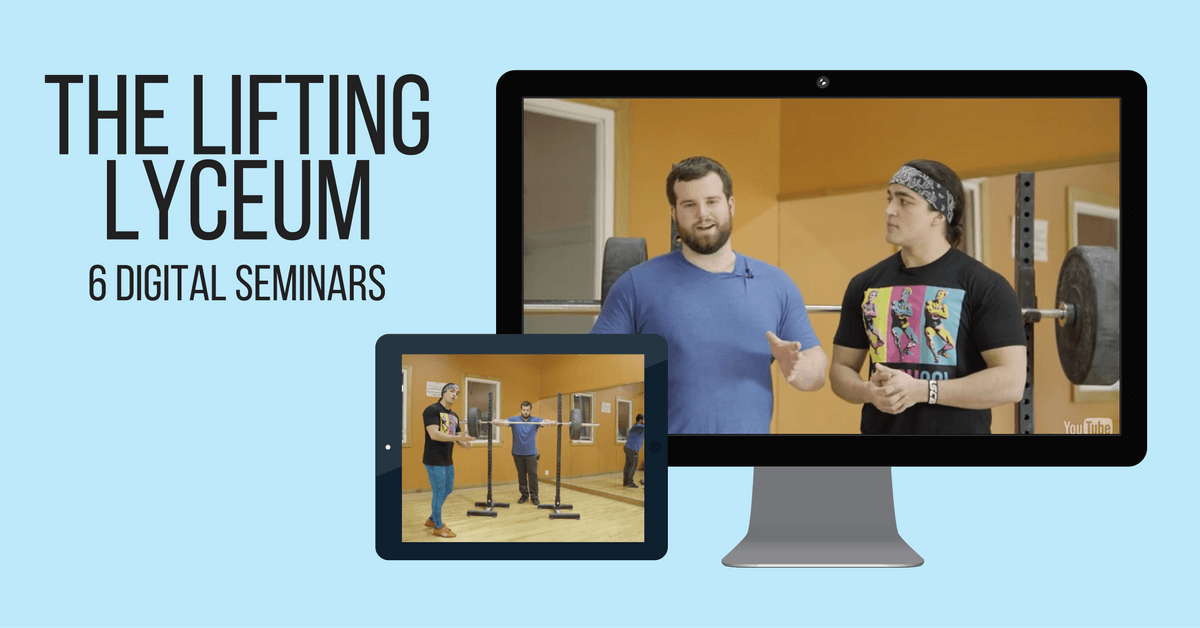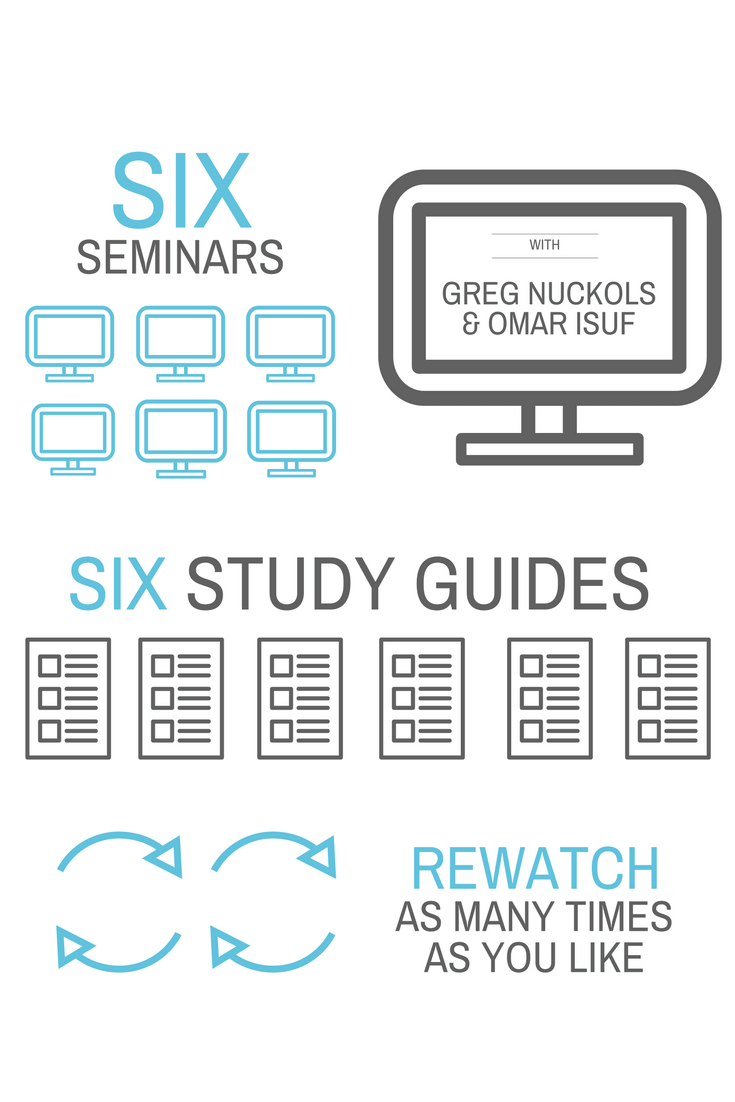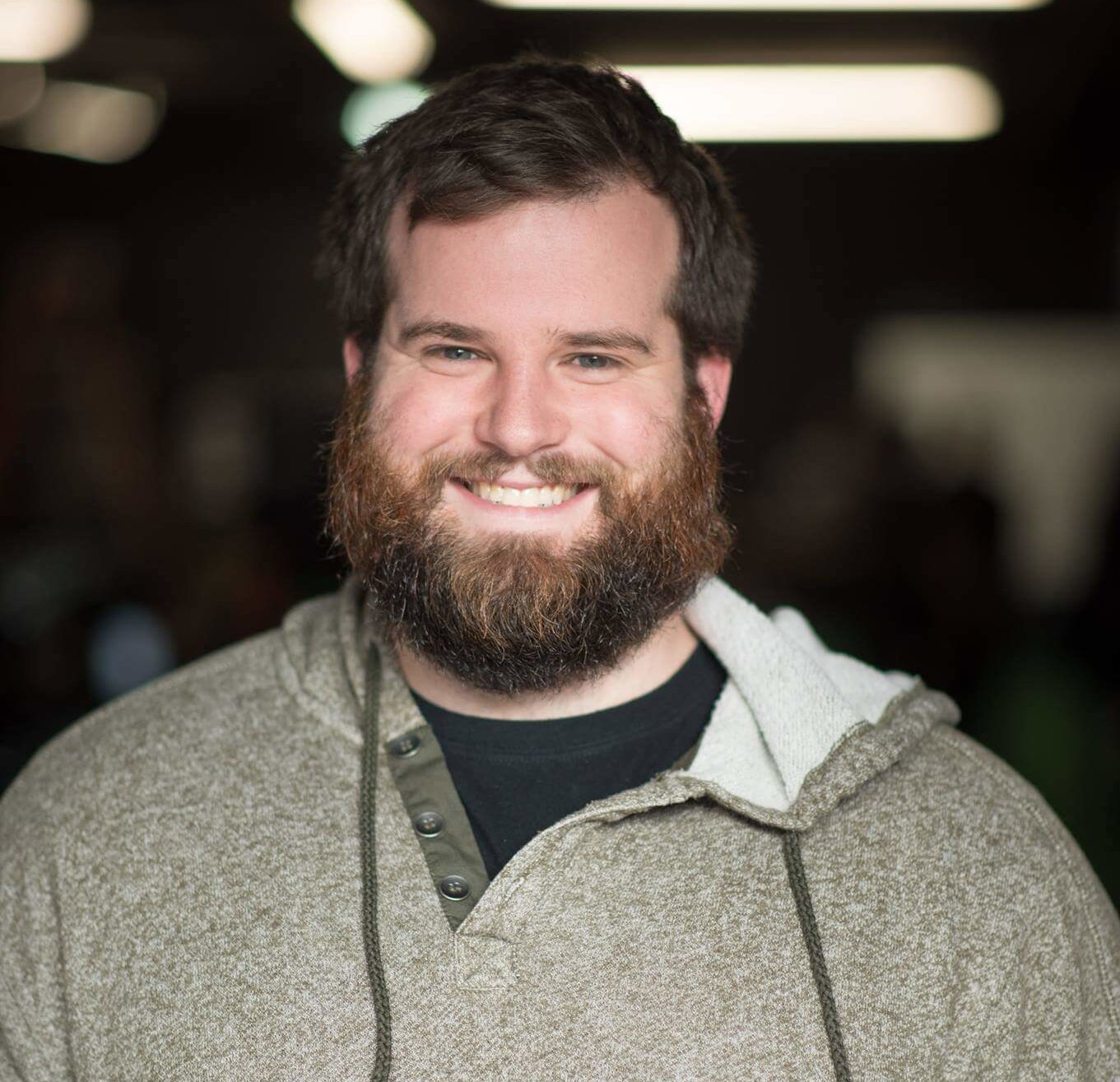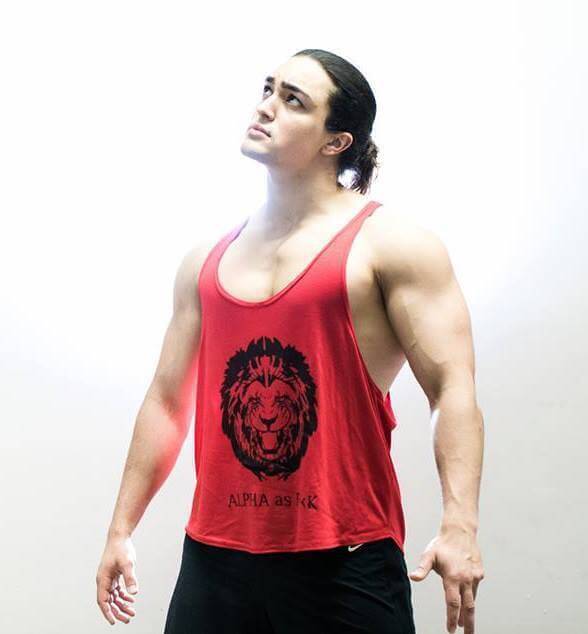
Dial in your programming and technique with the Lifting Lyceum seminar series
Plateaus suck. We all know that.
Lifting can be extremely satisfying, but it can also be supremely frustrating if you’re not getting results fast enough and you don’t know what to do to get the weight moving again.
And where do you find the information you need to break through those plateaus?
5-minute YouTube videos? Short articles with a clickbait headline?
Nope. If anything, that stuff just makes everything more confusing.
Most of the information in the fitness industry only gives you tidbits – information that might be interesting, but that doesn’t really change your training or understanding in any real way.
When I talk to clients, readers, and subscribers, I can see that a lot of people are missing a lot of the “puzzle pieces” required.
If you’re stuck, if you’re at a plateau, or if you’re feeling overwhelmed by all of the conflicting lifting information out there, here’s the harsh reality:
It’s not going to get better if you keep doing the same thing and if you keep reading and watching the same surface-level content.
That can mean wasted potential. Wasted months or years that could have been productive and gainful.
Don’t be that bro who had crazy newbie gains then never got any stronger.
So what's the difference between stuck and un-stuck?
It’s simple: You must know how to optimize each lift and your training program for your own body and preferences.
Tweaking your form for a lift to make it optimal for your body can help you add weight to the bar RIGHT NOW. (I’ve seen dozens of clients PR immediately after I’ve given them a few pointers on this topic.)
And learning how to adjust your program based on what your body responds to will insure you ALWAYS have a way to keep making progress and being productive in the gym.
Learning to optimize each lift for your body, and learning to adjust your program based on what you best respond to: These 2 simple things are the difference between stuck and un-stuck, and often the difference between novice lifters and elite liters.
Easier said than done, though, right?
For me, learning the information needed to adjust programs and lifting technique took about 10 years. It took:
- Committing myself to reading exercise science research 2 hours a day, every day for a decade.
- Coaching dozens of athletes.
- Trial-and-error with my own body and programming.
- Talking with some of the best coaches in the world about these topics.
Now, that worked for me since I’ve made lifting and exercise science my full-time job. But you probably don’t have time for that.
I’ve condensed all that research, all that in-the-trenches experience both as an athlete and a coach, and all those conversations with other great coaches
If you want to do all the work for yourself, more power to you. It’s hard work. But, if you want to skip all that and learn everything you need to know right now, keep reading.

Years of research and experience condensed in an easily digestible format to help you bust through plateaus and make long-term progress.
I've sorted through the complicated, conflicting information so you don't have to.
The Lifting Lyceum will teach you the correct information and help you understand and implement it immediately. No more sorting through the BS or wondering how to make progress: I purposefully made this the most comprehensive video database I could imagine – with a total of more than 12 hours of video footage.
What you'll receive:

"This was the most comprehensive video I've ever seen ... it really left me with little to ask in the end."
-Lifting Lyceum viewer
-Lifting Lyceum viewer
Questions we'll answer:
Seminars 1, 2, and 3 give you practical tools to start adding weight to your lifts immediately.
The first three seminars are on the Big 3, the squat, bench, and deadlift. For each lift, we'll talk about:
- How to personalize your setup
- Correcting technique flaws
- Accessory movements
- Bringing up weaknesses
- Equipment
- Cues
- Warming up
- Relevant anatomy and biomechanics
We'll also discuss issues relevant to each lift, such as high bar vs. low bar vs. front squat on the squat, sumo vs. conventional on the deadlift, and different grip widths on the bench.
Seminars 4, 5, and 6 give you the tools for long-term progress: Work Capacity, Training and Programming for Hypertrophy, and Training and Programming for Strength
4. Work Capacity
Training more is usually better, if you can handle it. But what happens when you can no longer recover well enough to keep doing more, or when you simply get so worn out during your workouts that you can’t do more?
We'll address:
- Determining how much work you can do, and how much work you should be able to do
- How much work you can recover from
- How to increase work capacity
- How to monitor recovery
- How to transition back into training after a work capacity phase
5. Training and Programming for Hypertrophy
- What causes hypertrophy? We'll talk about tension, damage, and metabolic stress.
- How important is volume for building muscle?
- How do you find the right amount of volume for YOU?
- Is sarcoplasmic hypertrophy real?
- Should you train to failure?
- Is whole body or body part split training better for muscle growth?
6. Training and Programming for Strength
- In-depth discussion of periodization (it doesn't mean what you think it does)
- What are the correlations between muscle mass and powerlifting success?
- What's the best way to develop efficiency with the lifts?
- How important is intensity in building strength?
- How often should you lift, and what factors impact that decision?
- How should you peak for a powerlifting meet?
- How much do personal leverages impact strength?
At $19.83/seminar, you get a fantastic product for a great deal
I wanted these seminars to be accessible to EVERYONE.
The price per seminar is about the same as a restaurant meal.
The total cost is less than a single session with a crappy trainer. It's less than a textbook on just one small sub-section of one of these topics. And it's a lot less than an in-person seminar.
I am confident in saying this is the most information for the smallest price tag in the industry.
We've spent years as coaches, athletes, and content creators:

About Greg Nuckols
Greg Nuckols is the owner and founder of Strengtheory.com, a website dedicated to combining lifting advice with biomechanics and scientific theory. More than 250,000 people visit and learn from Strengtheory articles each month. Greg is very tapped into what questions people have and what information is often misconstrued. Practicing what he preaches, Greg has held 3 all-time world records in powerlifting. His current numbers are a 755lb. squat, 475lb. bench, and 725lb. deadlift.


About Omar Isuf
Omar Isuf is the owner of the most popular fitness YouTube channel in Canada. As such, Omar interacts with hundreds of viewers every day, answering questions and using feedback to create content that's both informative and accessible. Omar understands what lifters need to know and what information is easily misconstrued. He has collaborated with the best in the industry on various video projects and dispelled myths about nutrition, hypertrophy, strength, and movement. Omar's best lifts are a 500lb. squat, 350lb. bench, and 585lb. deadlift.
Frequently Asked Questions
Q: Can I watch the seminars more than once?
Absolutely! You'll have unlimited access to all 6 seminars and can re-watch them as many times as you like, forever.
Q: Who are these seminars for?
Read through the descriptions below. If one (or more) of these sound like you, we’re sure you’ll love the Lifting Lyceum and that the investment will be well worth it.
- Your training is stalled, and you think you aren’t living up to your potential. However, you’re not sure how to progress from here and how to optimize your training.
- You’re curious about the lifts and about programming. Your training might be going well, but you want to know how to optimize technique with the Big 3, learn more in-depth information about the anatomy and biomechanics of the lifts, and learn the principles of smart programming and long-term success.
- You’re a coach who wants to learn the best ways to cue and teach clients, help clients find their safest and most optimal lifting technique, and learn smart programming principles.
- You want to get the most bang for your buck with lifting and training information. You want to learn as much as you can, but don’t want to waste time and money on trial and error. You’d prefer to learn from people who’ve already been there.